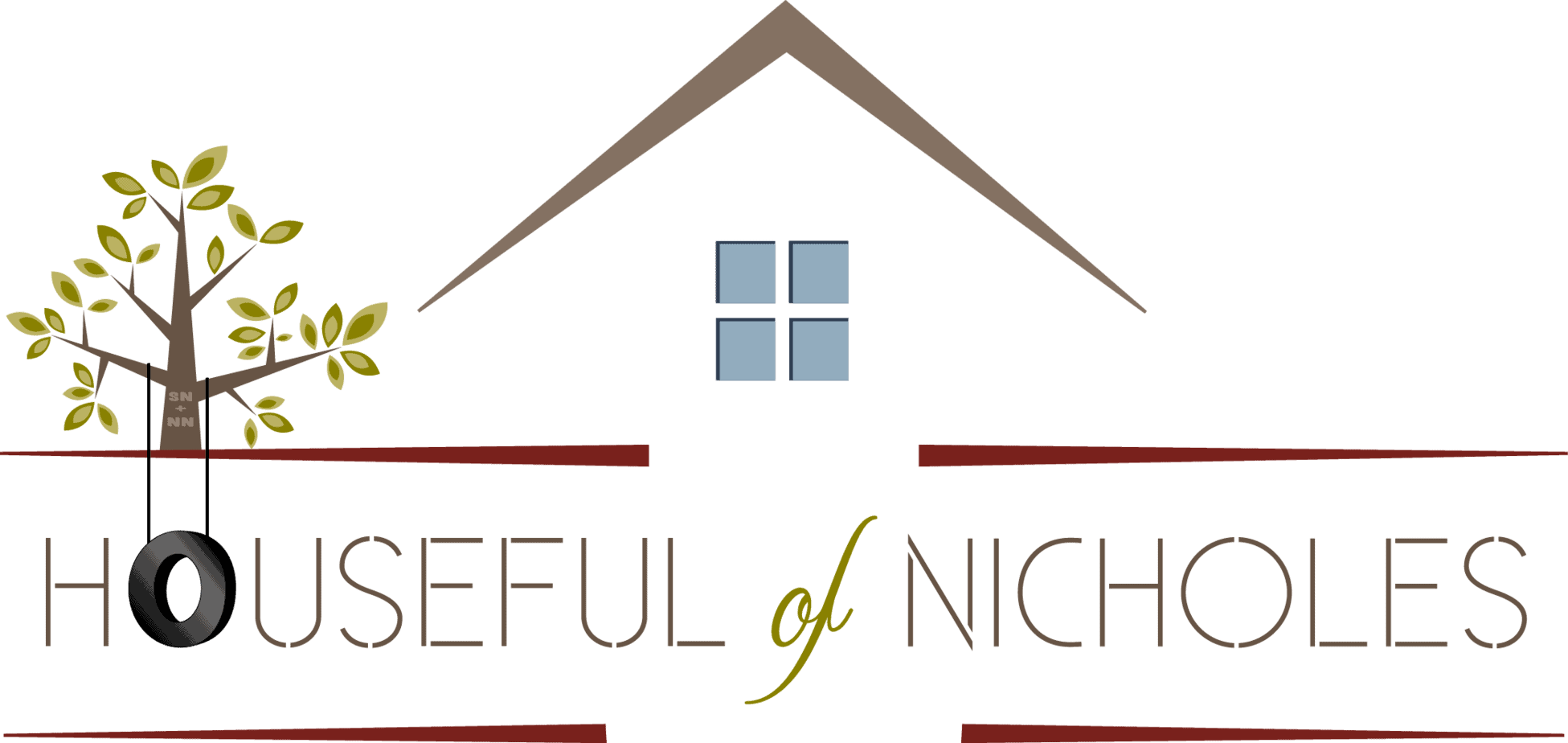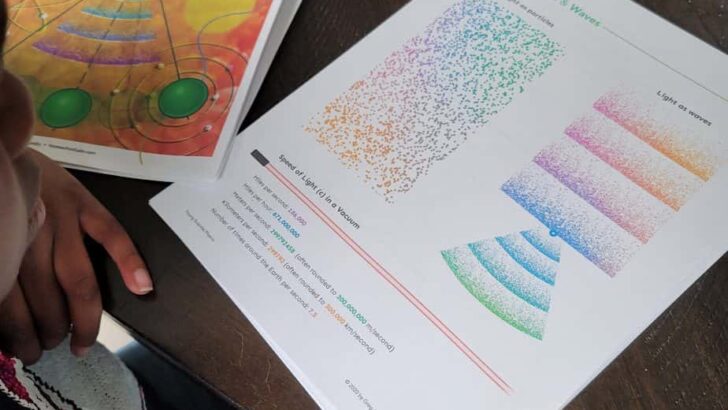Science class was my jam in school. I LOVED it - well, I loved Biology the most, but there was something about the possibility of discovering something new that made my eyes light up. That's true for 2 of my 4 children. The 2 who don't really vibe with science LOVE math though, so I guess it's a win. Today we're reviewing College Prep Science with Greg Landry and our experience with it. Let's get started shall we?
This post is a sponsored post written in partnership with College Prep Science with Greg Landry, and as always, all opinions are mine.
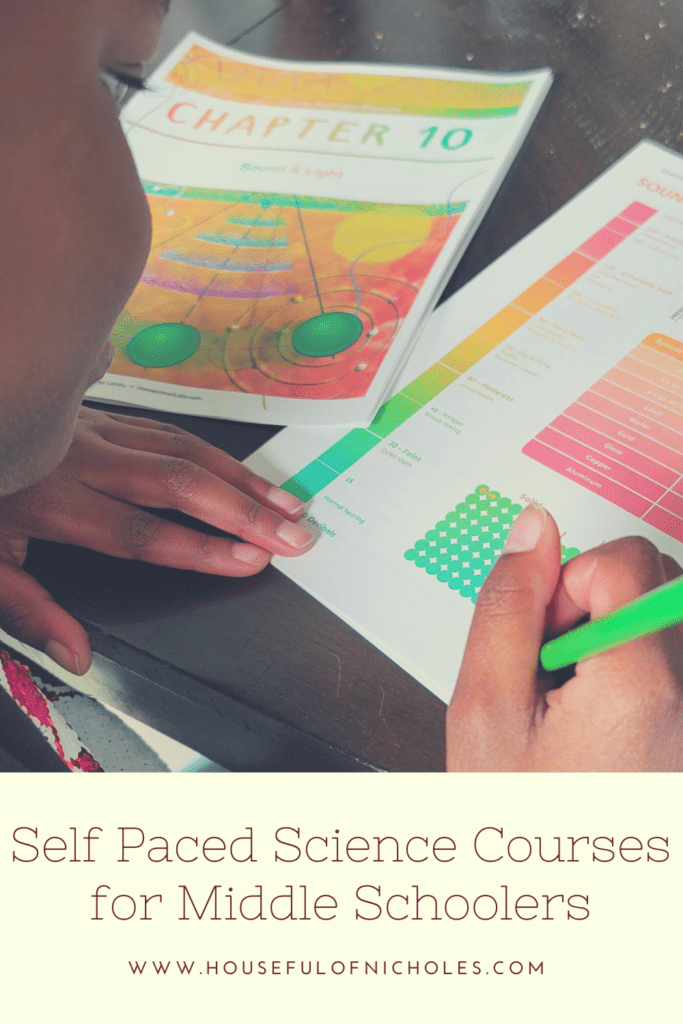
Before going further I will state that this curriculum does have Christian tones and classes start with prayer. If that's not your thing, it's understandable, but if you're all in, keep reading!
I've always worried that science courses taught by me wouldn't be as fun as they were with science teachers I had like Mr. Matsumoto in grade school and Mrs. Tosto in high school. They made classes inviting and always exciting and they are the main reasons I felt a pull toward science during undergrad. I didn't land in the field I thought I would, but I did land in a space that relies heavily on science and knowing how to process data. Mrs. Tosto was a HUGE proponent of note sketching and she required us to bring fine point markers to class to help us remember what we were learning. I geeked clean out when Greg mentioned it in the introductory session for note-taking before we got into the meat and potatoes of the semester.
Today, we're reviewing the Young Scientist Physics course which is geared towards grades 4-7 and as usual, my youngest daughter is showing off the curriculum.
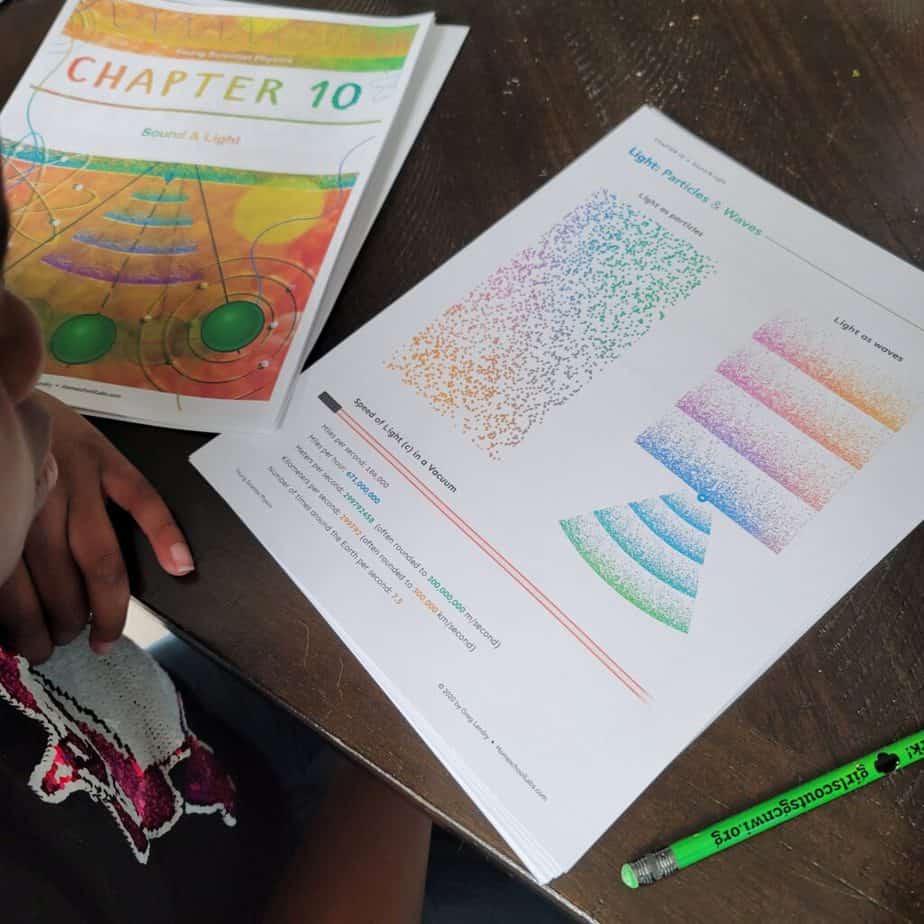
What We Loved About College Prep Science with Greg Landry
Self Paced Courses
As with everything that is self-paced, we loved that we could go as fast or as slow as we wanted to go. Classes could be paused and discussed as needed, and we could table classes if our brains just weren't handling what was being taught to us for the day. It helps a TON when you can table and come back to something instead of plowing through because you have a mandate of 180 days to get through something.
When we first started homeschooling I mistakenly thought that we had to sit until we were done and the joy that is now in our house with being able to leave a lesson and revisit in an hour or two, or maybe even after a good sleep has been a game-changer. ESPECIALLY when it comes to teaching scientific methods in areas where I'm not familiar. My jam is biology, as stated above, but being able to learn right alongside my children lights a fire I didn't think I would still have in my forties.
Getting to actively stage experiments in the kitchen and backyard has been the highlight of science days in our home, and I must admit that evenI get excited when it comes time to perform a lab. With everyone being able to print off their own study guides and insert them into their binders, it saves the time of having to create an account for each and every child ofmine.
I'm all about saving time and memory cells, so we're all winning.
Validating My Obsession with Note Sketching
Having another adult explain the importance of note-taking, and even deeper the process of note sketching also made me feel like a superstar. It's fun to see tactics you learned as a 15 year old still relevant today. I also think it's just fun to use colored pencils and markers during school.
No Extra Supplies Needed
With everything that we have learned while homeschooling, the thing that stands out most is our lack of storage space in this house. I am eternally grateful that we didn't have to purchase any supplies for this course since everything is housed online and my kids can learn from watching the experiments. I'm not saying we won't move to hands-on experiments soon, but for now, until we purge our basement, we're just grateful at this point.
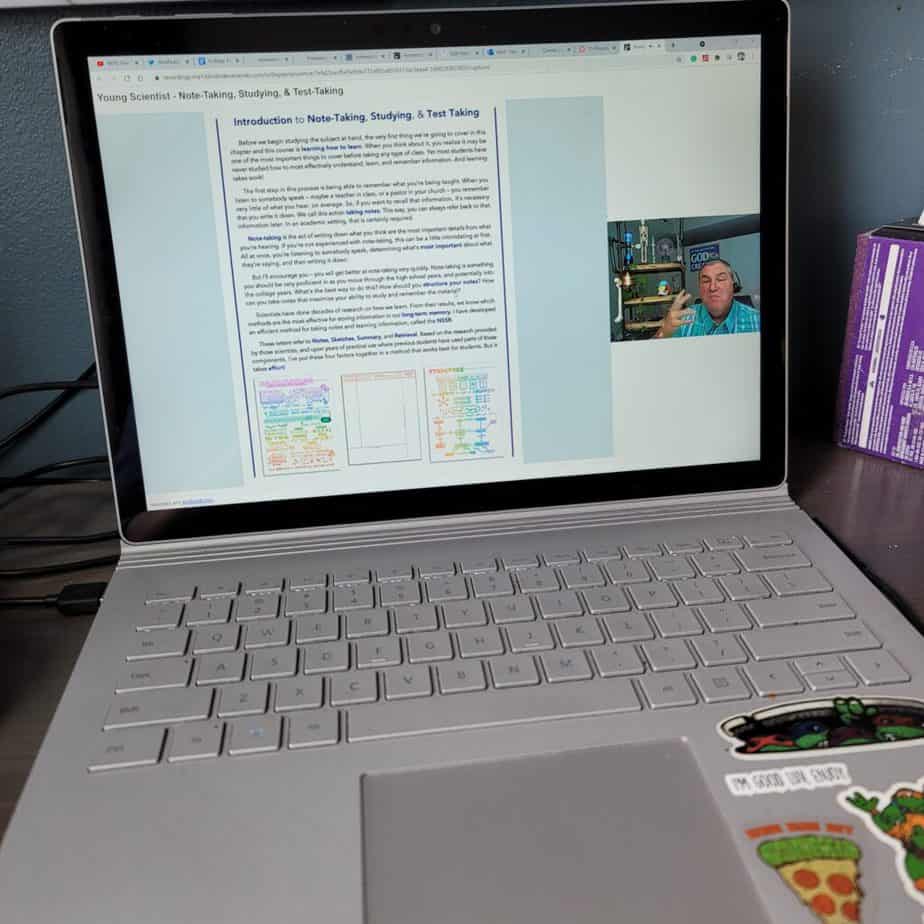
What Classes are Offered in College Prep Science with Greg Landry
4th - 7th Grade Self-Paced Online Classes
13 Lesson (1 Semester) Class
- 13 lesson (1 semester) class - 13 recorded class sessions (average 20-30 minutes each) that can be used at your own pace.
Study Guide: study guide by Greg Landry - PDF provided with class
Prerequisites: none
Suggested grade range: 4-7
Lab activities: some suggested but not required
Transcript credit: 1 semester science
Teacher: Professor Greg Landry
Help line: Email access to Professor Landry for any questions you may have as you use the class.
Tuition: $240
CLASSES
--- Young Scientist Anatomy & Physiology
Covers scientific method, an overview of human anatomy and physiology and these systems: skeletal, muscular, circulatory - heart, blood, veins, arteries, digestive, and respiratory. The reproductive system is not covered.
--- Young Scientist Biology
Covers the scientific method, measurement, the cell, mitosis, organelles, membranes, photosynthesis, cellular respiration, DNA, genetics, plants, animals, taxonomy, God's creation.
--- Young Scientist Chemistry
Covers the scientific method, measurement, the periodic table, solutions, mixtures. density, atoms, moles, acids and bases, chemical reactions.
--- Young Scientist Physics
Covers the scientific method, measurement, Newton's 3 laws of motion, momentum, gravity, atoms, matter, solids, liquids, gases, temperature, heat, sound. light, electricity, magnetism.
--- Young Scientist Earth & Space Science
Covers maps, soil, rocks, time zones, bodies of water, islands, volcanoes, weather, climate, minerals, sun's seasonal positions, atmosphere, solar system, mountains and hills.
Science Freebies
Want to take a look before committing to buying? Click the button below to check them out!
